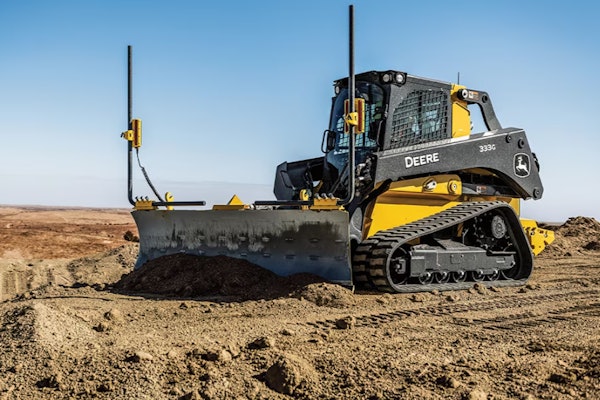Is a good work ethic a genetic trait? And do family-run businesses have an advantage over others?
Everything I’ve seen seems to indicate a can-do attitude and a capacity for hard work run in families.
Here at Randall Publishing our ever-capable and always-upbeat administrative assistant Dixie Miller also happens to be the mother of three additional Randall employees. Her two sons are successful sales associates in other divisions of the company and her daughter works here in summer between college semesters. The Millers are just one of a dozen or so families working for our company. It makes for a personal and easygoing corporate atmosphere. And I see the same sort of dynamic at work in many of the construction companies we deal with on a day-to-day basis.
Of the twelve companies chosen as finalists in our Contractor of the Year program this year, five were comprised of partners who were related. We had two husband-and-wife teams, a brother-and-sister company, first-cousin partners and a set of twins. The winner, Phyllis Adams, was a protégé of her contractor father until she decided to start her own construction firm.
It seems that successful contracting companies have a higher percentage of legacy management than other businesses. Many of our country’s most successful contractors started as kids who grew up in their parents’ businesses, and then worked in construction all of their professional lives until their kids took over. We can all think of some great examples of how the strength of a company is found in the tradition of families forming a system of “best practices,” and then committing themselves to never straying from what has made them successful.
There are some negatives to working in a family business, though. Tough business decisions don’t get any easier when a family member is involved or affected. But there are some real positives for both parents and children who work together. To begin with, both know what to expect from each other, there is usually plenty of trust and loyalty and the motivation for all concerned is common because everyone has a stake in the game.
That feeling of trust, often automatic among family members, is important to any business relationship, and critical for contractors. For things to run smoothly someone has to stay inside and take care of the office and the books and somebody has to be in the field managing the equipment and the jobsite. Poor communication or a breakdown in trust between the office and the field – or any two different areas of responsibility – can devastate a contracting company.
Ask a fellow contractor who has lost an associate to an avoidable, yet fatal jobsite accident. Or ask a contractor to recall the horror tales of the seemingly honorable bookkeeper or office manager who bankrupts the company by embezzling the profits over a period of years. They will tell you, firsthand, how important trust is. The old saying, “blood is thicker than mud,” can certainly be applied here.
With the growing difficulty in recruiting good help into the construction industry, we may have to imitate how this country’s early farmers found enough good hands to run the farm – grow our own. It’s a fine American tradition. It works for us at Randall and it can work for you, too.









